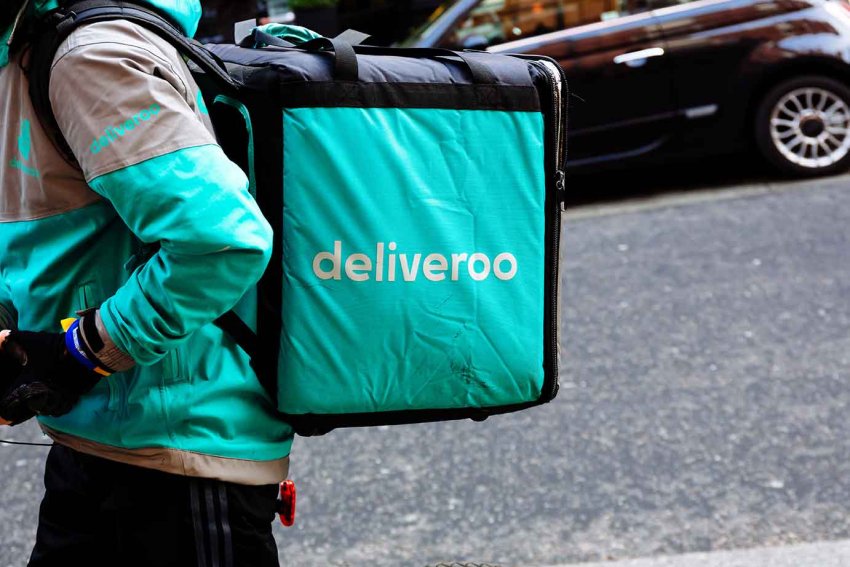
The economic and social impacts of the COVID-19 crisis are particularly harsh on young Australians. With the federal government’s recovery plans primarily aimed at corporations, the big question is how millennials, for whom employment already is precarious, will fare.
Australia is experiencing a health and economic crisis as a result of the pandemic like nothing seen in the past 100 years. Federal Treasurer Josh Frydenberg said the budget will be in the red by $85.8 billion over 2019-20 and $184.5 billion in 2020-21 — the biggest deficit since World War II.
Some 870,000 jobs were lost between March and May, and hours were cut from 1 million workers. The jobless rate, around 13%, is the highest in more than two decades. Another 240,000 people are expected to join the ranks of the unemployed by the December quarter.
While public pressure has forced the federal government to extend JobKeeper and JobSeeker for now, casual workers are still not covered by the JobKeeper scheme and those on the dole are anxious that there will be no permanent increase to unemployment benefits.
Casual workers who were laid off during the lockdown and have not been eligible for JobKeeper are really struggling: their future employment prospects and income are bleak.
According to the Consumer Policy Research Centre young Australians are among those bearing the brunt of the crisis. Its June publication Consumers and COVID-19: from crisis to recovery showed that casual workers, young people and renters are faring worse than others, particularly when it comes to housing costs.
The report found that young Australians were much more likely to be managing household expenses by: dipping into savings (34%); borrowing money from family and friends (13%); applying for early access to super (8%); and cancelling subscriptions or ongoing services (20%).
Others have pointed out that some real estate agents have turned themselves into financial advisers, telling young renters to cash in their superannuation to keep paying their rent.
The long-term effects of drawing down on superannuation will likely mean a less comfortable retirement later. Negative gearing, apart from very high housing costs, makes it even harder for young people to ever own their own home.
Yet, those sectors with more are pushing the government for more. Corporations want the tax cuts due to begin in July 2022 bought forward. These are estimated to cost $48 billion over a decade. Bringing them forward by one year is not likely to do much for those on JobKeeper or JobSeeker. It will simply help those who already have a job. Also, flattening the tax system so that people earning between $45,000 and just under $200,000 will pay the same rate of 30 cents in the dollar will exacerbate the wealth gap.
Another round of tax cuts, due to begin in July 2024, are estimated to cost $95 billion over a decade. These are designed to help those already on $200,000 a year to gain $11,640 a year. Such measures are not going to help young people find permanent employment.
In addition, a section of business is against raising the already legislated superannuation levy from 9.5% to 12% by July 2025.
For those who have already accessed their super early to help them get through the pandemic, this is another blow to their retirement. The winners from any delay or cancellation in the levy are businesses.
In theory, businesses would pay their workers higher wages in return for not raising the levy, but no one in their right mind would be betting on this outcome.
Those arguing against the increase are conservative MPs and bosses on high incomes, who are salary sacrificing and have no concerns about their retirement savings.
Young people were already suffering the impact of neoliberal policies before the COVID-19 pandemic — casualisation, high unemployment, wage theft, wages not keeping up with inflation, mounting large student debts and cuts to TAFE. The recession has only made it worse.
In the end, the Coalition government wants working people, including the young, to pay for the pandemic crisis.
Apart from the tax cuts to large corporations shortly before the crisis, some such as Harvey Norman and the supermarket giants, have been making super-profits during the shutdown. They should be asked to pay more tax, not be given more tax concessions.
Typical of the arrogance of a privileged corporate elite, ABC chairperson Ita Buttrose told the Australia-United Kingdom Chamber of Commerce in June that younger workers lacked resilience and “almost need hugging” for regular reassurance.
Although not many would want to be hugged by their boss, Buttrose did inadvertently point to a growing problem: young people’s insecurity is grounded in the material realities of their lives today. Growing joblessness, homelessness and mounting private debt reduces their ability to chart a direction in life, compared with Buttrose’s generation.
And while studies show that hugs can raise levels of oxytocin, reduce blood pressure and stress hormones, they won’t be enough. What young people need now is a plan for sustainable permanent jobs, free education and training and housing costs that don’t eat up more than a third of their income. Tax the rich.
[Darren Saffin and Chloe DS are active in the campaign to reelect Socialist Alliance councillor Sue Bolton to Moreland City Council. Please join an online forum ‘Housing as a Human Right During COVID-19’ on Saturday August 8, 2-4pm.]